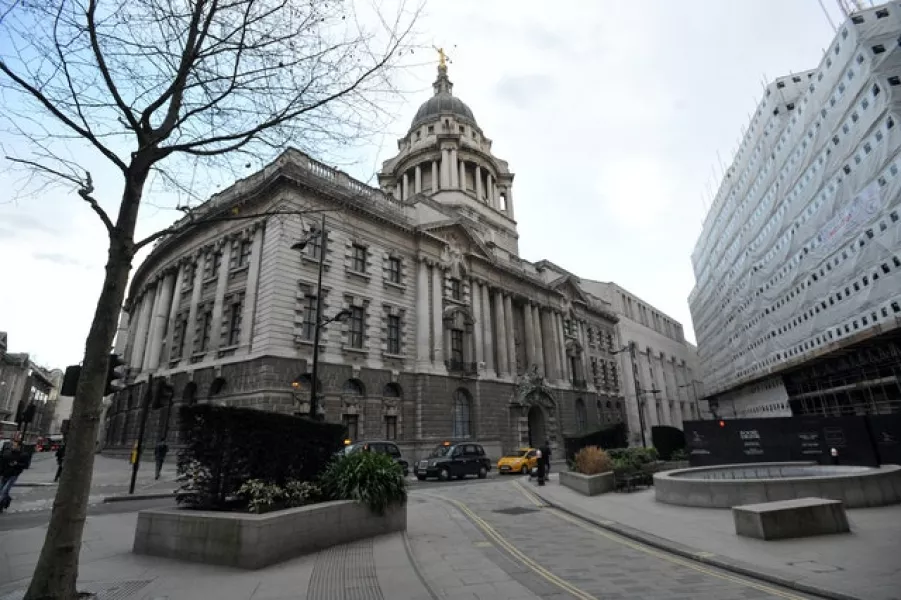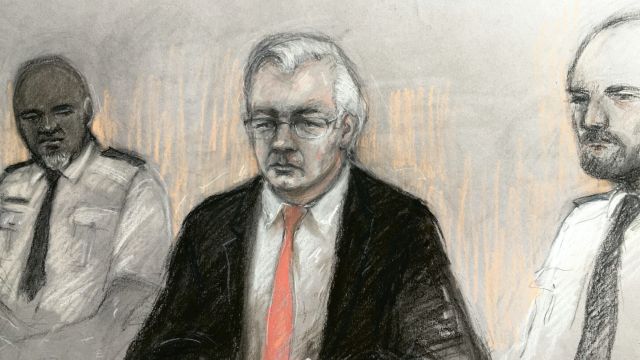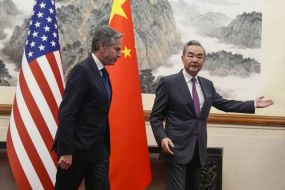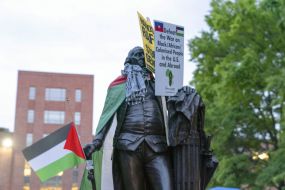The organisation’s founder, 49, is wanted in the US to face 18 charges including plotting to hack computers and breaching the country’s Espionage Act.
Assange is accused of conspiring with US army intelligence analyst Chelsea Manning to crack a scrambled password to a classified US Department of Defence computer and putting sources’ lives at risk by publishing unredacted files.

Investigative journalist John Goetz, who worked with WikiLeaks while at news website Der Spiegel in Germany, said on Wednesday: “I don’t know of any case of anyone coming to harm from the publication of the diplomatic cables.”
He added: “This question of harm was the central issue in the Chelsea Manning trial and, as far as I know, I don’t know of any case of any specific incident where harm has been shown from the release of the documents.”
Giving evidence by video link at the Old Bailey on Wednesday, Mr Goetz said he worked closely with Assange and other media partners on the Afghan war documents leak in 2010.
He said Assange was “very concerned” with the technical aspect of trying to find those named in documents in order to protect them.
“At that time, I remember being very, very irritated by the constant, unending reminders by Assange that we needed to be secure, that we needed to encrypt things, that we needed to use encrypted chats,” he said.
“It was the first time I had seen, used or touched a cryptophone.
“The amount of precautions around the safety of the material were enormous.
“I thought it was paranoid and crazy but it later became standard journalistic practice, but at the time it was very new to me.”
At no time did I come to consider that Assange was responsible for knowingly publishing material that could harm other persons
Mr Goetz said Assange wanted to find a technical solution to find those named in documents “so that we could redact them, so we could take measures to make sure they weren’t published and that no one would be harmed”.
The court heard hundreds of thousands of redacted documents were published in 2010 and 2011.
“It was a very rigorous process,” Mr Goetz said.
“As far as I know, no name came out of that period.”
WikiLeaks published 251,000 secret diplomatic cables in September 2011 in a move condemned by former media partners for exposing those named to risk, the court heard.
But Mr Goetz said the publication came after the material was made available on the Cryptome leak website after the release of a Guardian book about WikiLeaks, which contained a password.
He said in a statement: “At no time did I come to consider that Assange was responsible for knowingly publishing material that could harm other persons but that there were unpredicted actions by others that resulted in publication against his wishes.”
James Lewis QC, for the US Government, suggested an earlier release of unredacted documents had included the names of sources.
“Some of those cables were unredacted and had the words ‘strictly protect’ on them,” he said.







